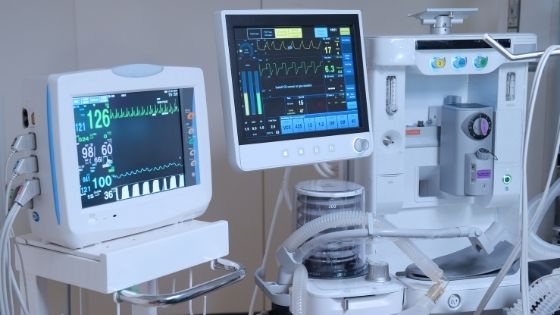Title: “Medical Devices Requiring Certification in Brazil”
Introduction:
The field of medical devices is one of constant innovation and advancement. As these devices play a crucial role in healthcare, ensuring their safety, efficacy, and compliance with regulatory standards is paramount. In Brazil, the certification of medical devices is a rigorous process governed by strict regulations. In this blog post, we’ll explore the various types of medical devices that require certification in Brazil.
Understanding the Importance of Certification:
Certification of medical devices in Brazil is overseen by regulatory agencies such as the Agência Nacional de Vigilância Sanitária (ANVISA) and the Instituto Nacional de Metrologia, Qualidade e Tecnologia (INMETRO). These agencies establish and enforce the rules and requirements for medical device certification, aiming to safeguard public health and ensure product quality.
Types of Medical Devices Requiring Certification:
Implantable Devices: This category includes devices such as pacemakers, artificial joints, and dental implants. These devices are subject to rigorous certification processes to ensure their safety and reliability once implanted in the human body.
Diagnostic Imaging Equipment: Medical devices like X-ray machines, CT scanners, and MRI machines are vital for accurate diagnosis and treatment. Certification ensures that these devices meet stringent safety and performance standards.
Electromedical Devices: Equipment used in medical procedures, such as defibrillators, electrocardiographs (ECGs), and infusion pumps, fall under this category. INMETRO certification is often required for these devices.
In Vitro Diagnostic (IVD) Devices: Devices used for analyzing biological specimens, such as blood or urine samples, for diagnostic purposes. ANVISA certification is essential to ensure accurate test results and patient safety.
Surgical Instruments and Tools: Surgical instruments, including scalpels, forceps, and surgical lasers, must meet certification requirements to ensure sterility and effectiveness during medical procedures.
Respiratory Devices: Devices like ventilators and oxygen concentrators are critical for respiratory support. Certification guarantees their proper functioning and safety for patients.
Orthopedic Devices: This category encompasses devices like orthopedic implants, prosthetics, and orthotic braces. Certification is necessary to ensure their suitability for patients with musculoskeletal conditions.
Dental Devices: Dental equipment and instruments, such as dental chairs, dental lasers, and dental X-ray machines, require certification to meet hygiene and safety standards.
Conclusion:
Certification is a crucial step in the lifecycle of medical devices, ensuring they meet stringent quality and safety standards. For manufacturers and healthcare professionals in Brazil, understanding the types of medical devices that require certification is essential for navigating the regulatory landscape successfully. By complying with certification requirements, stakeholders contribute to the delivery of safe and effective healthcare solutions in Brazil’s dynamic healthcare industry.

